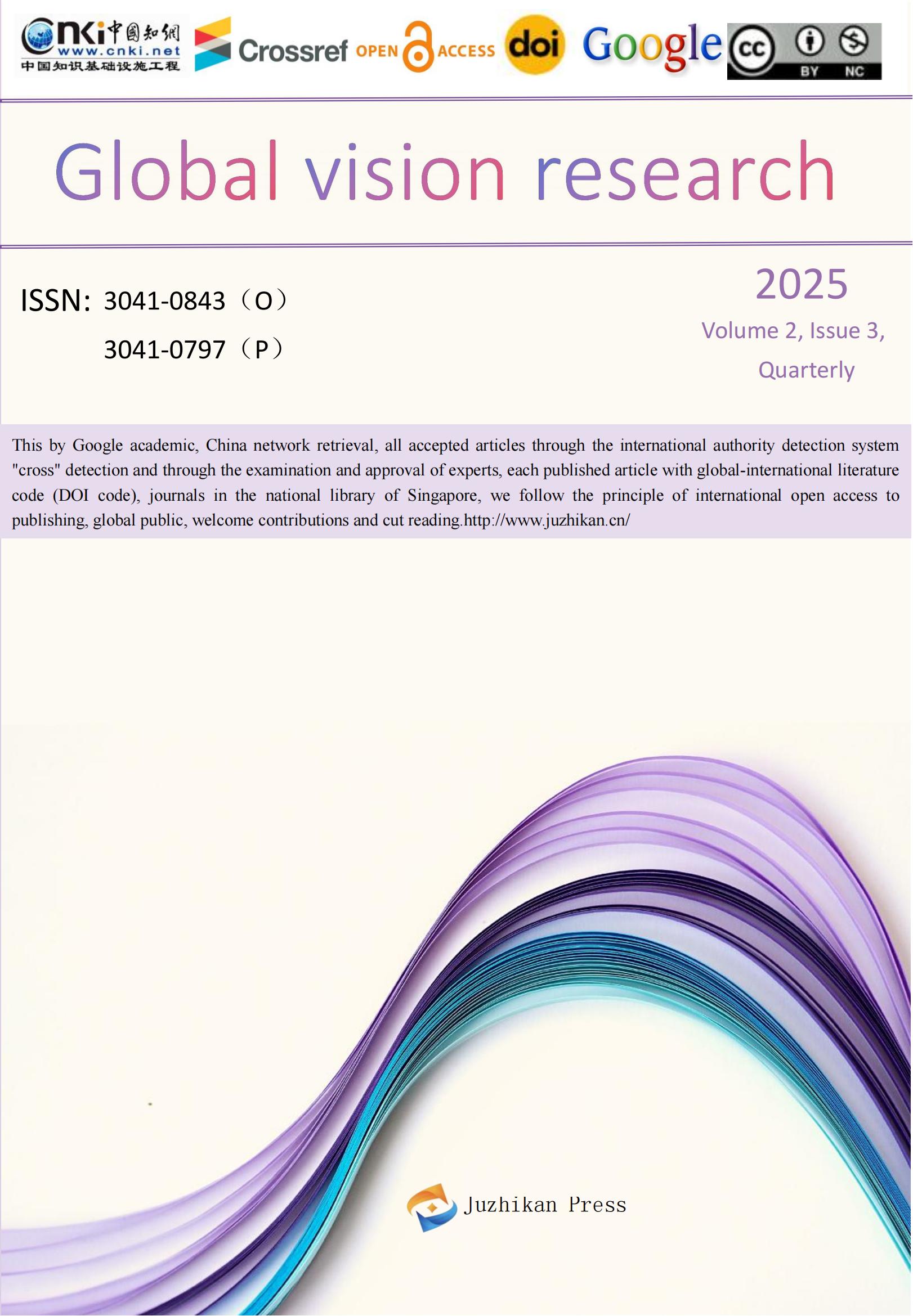
 info@juzhikan.asia
info@juzhikan.asia
 info@juzhikan.asia
info@juzhikan.asia
Theoretical Interpretation and Practical Pathways of Artificial Intelligence Empowering Foreign Language Teaching in Higher Education
Nan HOU
Department of English North China Electric Power University, Baoding Hebei 071003;
Abstract: The rapid advancement of artificial intelligence (AI) technology is profoundly reshaping the landscape of foreign language education in higher education institutions, presenting both unprecedented opportunities and new challenges. This paper aims to systematically explore the theoretical foundations and practical approaches for AI-empowered foreign language teaching. At the theoretical level, grounded in constructivist learning theory, situated cognition theory, cognitive load theory, and connectivism, it elucidates how AI technology facilitates personalized knowledge construction, creates immersive authentic contexts, optimizes cognitive learning processes, and promotes interconnected knowledge networks. This provides robust scholarly support for innovation in foreign language pedagogy. At the practical level, aligning with current technological developments and educational needs, the paper proposes key pathways: constructing multimodal smart teaching environments, developing intelligent adaptive learning systems, innovating AI-driven teaching evaluation and feedback mechanisms, enhancing teachers’ AI literacy, and addressing ethical risks. This research endeavors to offer forward-looking and actionable theoretical insights and practical guidance for the digital transformation and high-quality development of foreign language education in the AI era.
Keywords: artificial intelligence; foreign language teaching in higher education; personalized learning; adaptive systems; teaching evaluation; teacher development; educational ethics
References
[1] Cha, M.J. (2025). The Humanistic Mission and Innovative Development of Foreign Language Disciplines in the AI Era. Foreign Language World, (03), 7–11.
[2] Hong, H.Q., Qiao, Y.F., & Chai, Z.J. (2025). GenAI Empowering Innovation in Foreign Language Education: Internal Logic and Practical Pathways. Foreign Language World, (03), 12–19.
[3] Ning, Q. (2025). The Dilemmas, Opportunities, and Pathways for the Development of Foreign Language Disciplines in the Context of the New Era. Modern Foreign Languages, 1–9.
[4] Yang, S.E. (2025). Transformation and Coping Strategies of English Teaching Models in the Digital Intelligence Era. Foreign Languages Research, 42(03), 18–22.
[5] Yu, H., & Song, J.G. (2025). Generative AI-Assisted Foreign Language Teaching from the Perspective of Knowledge Co-construction: Positioning, Application, and Development. Foreign Languages in China, 22(03), 4–14. DOI:10.13564/j.cnki.issn.1672-9382.2025.03.004.
[6] He, N., & Wang, S.R. (2025). The Goals and Pathways for Constructing "New Foreign Languages" in the Artificial Intelligence Era. Foreign Language World, (02), 11–15.